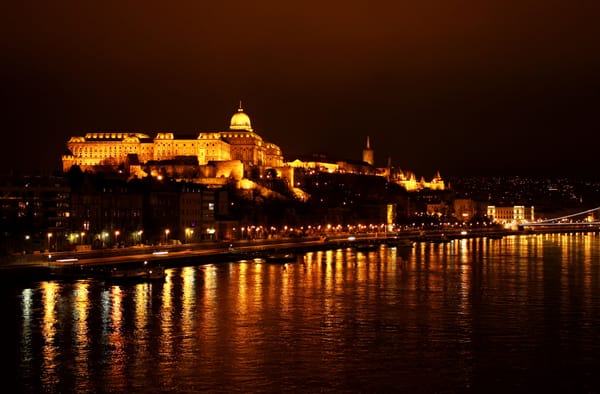Hungary is the most controversial small nation on Earth. The headlines in the international media sound the alarm: Hungary represents the “death of a democracy,” the “rise of illiberalism in Europe,” and a “glimpse of our authoritarian future.” Viktor Orbán, the country’s prime minister, is described as a monster—the embodiment of nativism, nationalism, xenophobia, and fascism. Meanwhile, a faction of right-leaning intellectuals has heralded Hungary and its policies as a model for a new conservatism that asserts national sovereignty and uses state power to support families, civil society, and national identity.
Inside the country, the atmosphere is more normal than these polemics suggest. Life proceeds as usual: People spend the day working, political parties squabble, everyone is worried about inflation. Despite Orbán’s reputation abroad, most Hungarians support him and his Fidesz party; others oppose him, but with none of the fervor of American journalists and international NGOs.
I spent six weeks in Hungary as part of a visiting fellowship with the Danube Institute, a state-funded think tank, in part to learn more about Hungary’s hotly debated culture-war policies. I passed most of this time in Budapest, the capital city, with side trips to Debrecen, Miskolc, and the Hungarian countryside, which is home to approximately a quarter of the country’s 10 million inhabitants. I spoke with diplomats, journalists, academics, strategists, officials, students, and regular citizens, all of whom helped paint a more complex picture of politics in their landlocked nation.
My deepest interest was to understand how Hungary, which emerged from Soviet Communism just 30 years ago, is attempting to rebuild its culture and institutions, from schools to universities to media. They are not pursuing the path of maximum laissez-faire, but using muscular state policy to achieve conservative ends.
